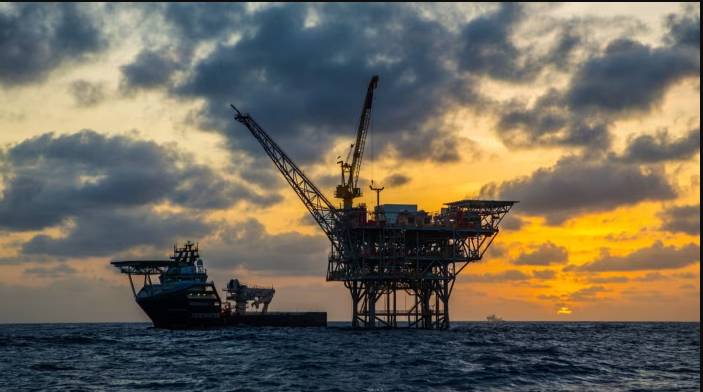
063 1041875738
Prime Minister Netanyahu addressing the UN’s. Image Ref(Creator: JOHN MOORE | Credit: AFP)
Mavhungunekuvule Mungomeni
(The Post News) – The United Nations (UN) watchdog raised concern on Monday, April 15th, about the outcome if Israel decides to retaliate against Iran by attacking Iranian nuclear facilities. Even though the G7 leaders argued that Iran and Israel should restraint to avoid a regional war, on the other hand, Israel requests that dozens of countries force Iran sanctions.
Rafael Grossi, Director General of the International Atomic Energy Agency (IAEA), stated that Iran temporarily shuttered its nuclear facilities on Sunday citing security concerns. Although the facilities reopened on Monday, IAEA inspectors were barred from entry until the situation stabilised. Grossi announced plans to resume inspections following a UN Security Council meeting. Expressing concerns, he highlighted the potential for Israeli retaliation against Iran. Former IAEA Deputy Director General for Safeguards, Olli Heinonen said, “Iran’s cooperation with the agency remains incomplete, resulting in restricted operations”.
According to a report by Emily McGarvey, there has been a concern about Israel having nuclear weapons. This concern arose after Israel was suspected of targeting Iranian nuclear facilities. This raises the question as to whether Iran and Israel both possess nuclear weapons. While Israel is believed to have nuclear weapons, it has an official policy of deliberate ambiguity. On the other hand, Iran has denied that it is trying to acquire nuclear weapons through its civilian nuclear program.
According to Aoife Walsh, last year the global nuclear watchdog found uranium particles enriched to 83.7% purity, very close to weapons grade, at Iran’s underground Fordo site. Iran said that unintended fluctuations in enrichment levels may have occurred.
Iran has been openly enriching uranium to 60% purity for more than two years in breach of a 2015 nuclear deal with world powers. However, that deal has been close to collapse since US President Donald Trump pulled out unilaterally and reinstated crippling sanctions on Iran in 2018. Israel had opposed the nuclear deal in the first place.




